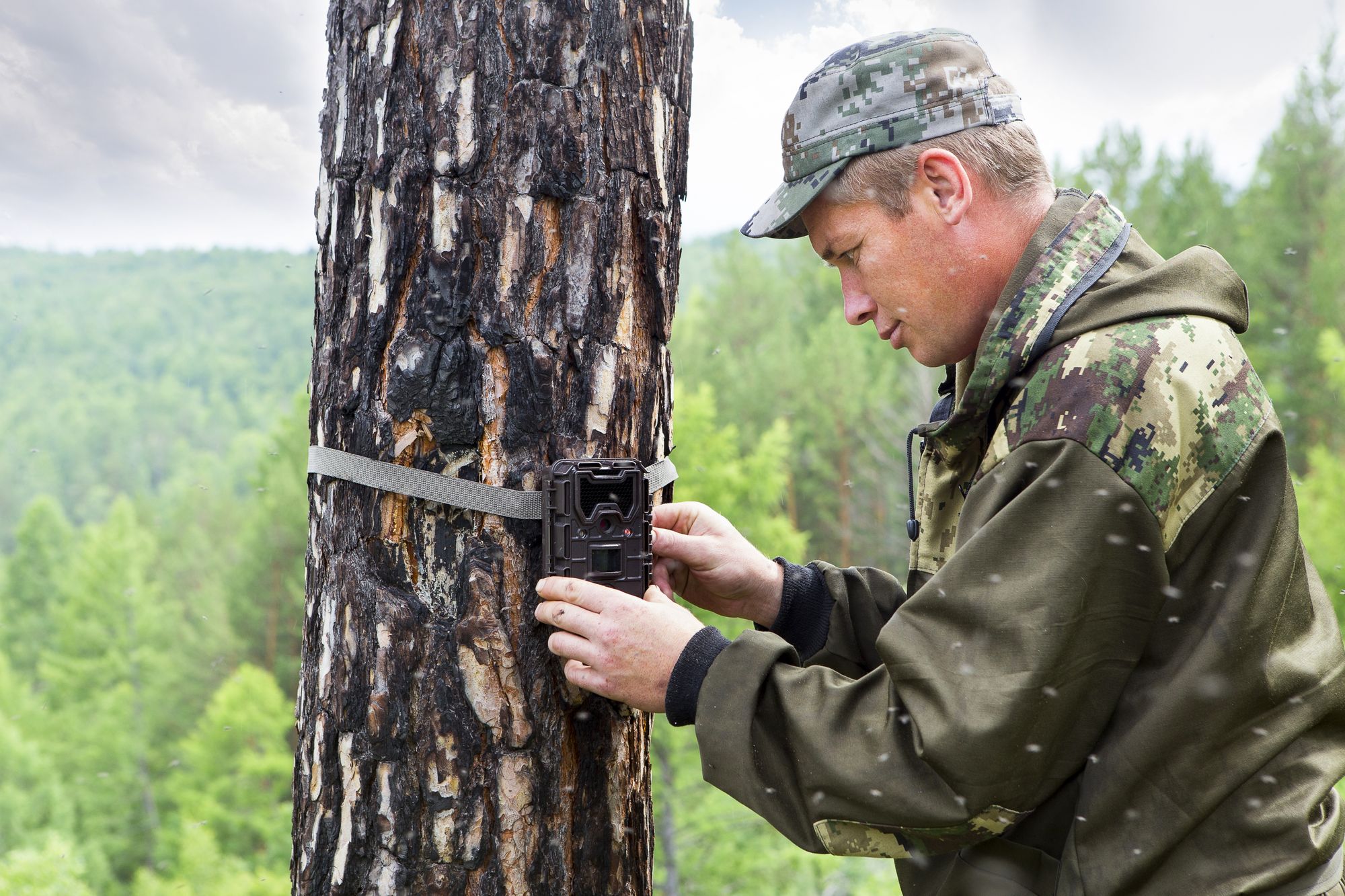Environment
🌬️ Ozone hole closing help southern jet stream return to normal
The ozone hole is the smallest on record since its discovery, which helps the jet stream to return to normal.
💚 New concrete creates living moss walls that absorb pollution
Moss in cities can absorb pollution and clean the air. But it is difficult to grow in the metropolitan areas. Spanish researchers have now developed a concrete in which the moss can grow.
🦏 Poaching of rhinos has decreased sharply thanks to new technical equipment
The poaching of rhino has almost completely stopped in Kenya, thanks to a conscious investment in new technology.
🐢 Animals and plants thrive underneath solar panels
According to new research, both animals and crops in arid climates benefit from the shade produced by solar panels.
⌨️ Microsoft will capture all CO2 it's ever emitted
By 2030 the company will draw more carbon dioxide out of the atmosphere than it puts in, and be carbon negative. By 2050 all emissions they have caused since 1975 will be captured.
✈️ JetBlue is going carbon-neutral in 2020 — the first major US airline to do so
Earlier this month, JetBlue announced that it will begin offsetting carbon dioxide emissions (CO2) from jet fuel for all domestic flights starting in July 2020, making it the first major U.S. airline to take this step towards reducing its contribution to global warming.
🏭 Goldman Sachs will no longer fund new coal projects
Goldman Sachs announces that it will no longer fund new coal projects. They will also not fund any extraction projects in the Arctic.
☢️ A new generation of nuclear reactors is coming. They are safer - and tiny.
Most likely nuclear energy will be an essential part of decarbonizing the world’s electricity. But new plants are expensive and the technology much criticized. Enter the small modular reactor, designed to allow several reactors to be combined into one unit.
🐯 AI could be a gamechanger for the conservation of animals
Automated cameras that snap a picture whenever an animal walks by, have become an indispensable tool for wildlife biologists. But going through and looking at all the pictures is long and tedious work. Now an AI will do that work instead.








